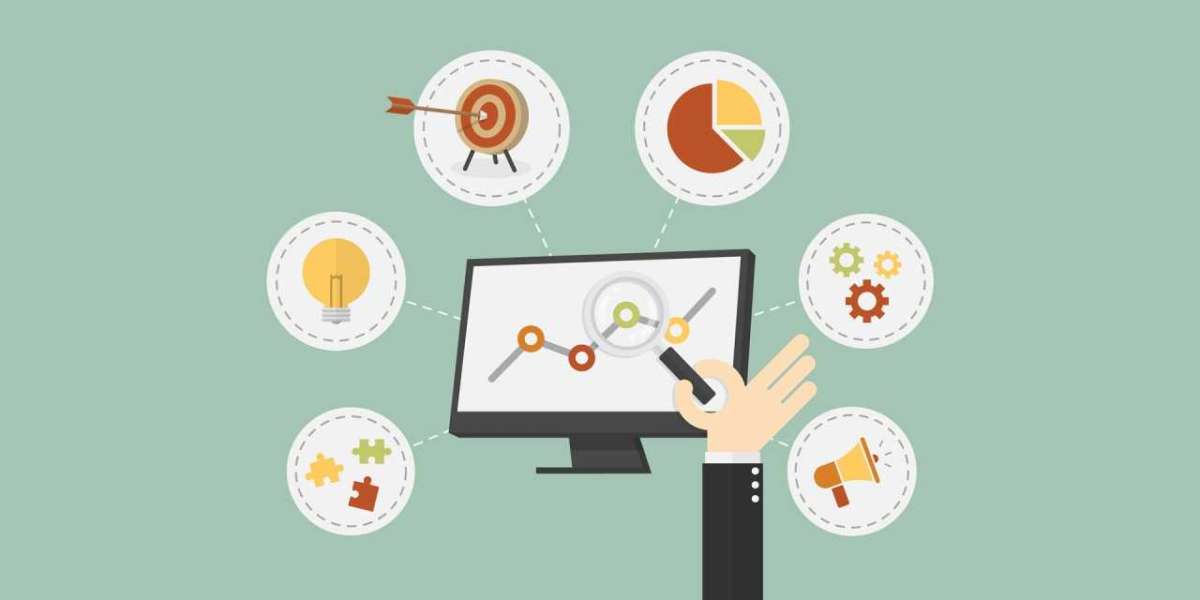Introduction
In the competitive landscape of construction, effective project management is essential to deliver quality projects on time and within budget. The right construction project management tools are vital for coordinating efforts, enhancing communication, and streamlining workflows. This article delves into the essential tools for construction project management that can elevate your project management practices and drive success.
Understanding Construction Project Management Tools
Construction project management tools are specialized software solutions designed to help professionals manage various aspects of construction projects. These tools facilitate everything from planning and scheduling to budgeting, resource allocation, and communication. By integrating these processes into a single platform, project managers can improve collaboration and make informed decisions based on real-time data.
Essential Types of Construction Project Management Tools
1. Scheduling and Planning Tools
Effective scheduling is critical in construction management. Tools that provide Gantt charts and critical path methodologies help project managers visualize timelines and manage resources effectively. Notable tools include:
- Microsoft Project: A robust application for detailed project scheduling and resource management.
- Primavera P6: Ideal for large-scale projects, offering advanced scheduling features.
- Trello: A flexible tool that uses boards and cards to help visualize project tasks and timelines.
2. Budgeting and Financial Management Tools
Financial management is a cornerstone of successful construction projects. Budgeting tools assist project managers in tracking expenses and forecasting costs. Key tools in this category include:
- Procore: Offers comprehensive financial management features that keep project budgets on track.
- Sage 300 Construction: Provides in-depth financial management tailored specifically for the construction industry.
- Buildertrend: Features tools for estimating costs and managing change orders effectively.
3. Document Control Solutions
Construction projects generate vast amounts of documentation. Effective document control tools help organize, store, and share essential documents. Popular options include:
- Dropbox Business: A secure platform for storing and sharing large files.
- PlanGrid: Designed for managing blueprints and construction documents, ensuring everyone has access to the latest versions.
- Viewpoint Vista: Combines document control with project management functionalities for a comprehensive approach.
4. Communication and Collaboration Platforms
Clear communication is vital for project success. Collaboration tools enhance real-time communication among team members, clients, and stakeholders. Noteworthy tools include:
- Slack: A messaging platform that organizes conversations into channels, making team communication efficient.
- Microsoft Teams: Integrates chat, video conferencing, and file sharing, ideal for collaborative construction environments.
- Asana: A task management tool that helps teams track progress and collaborate on projects.
5. Field Management Applications
Field management tools empower on-site teams to access project details and report progress in real time. Essential applications include:
- Fieldwire: Enables field teams to manage tasks, track issues, and communicate updates efficiently.
- CoConstruct: Tailored for home builders, it provides tools for client communication and project scheduling.
- Raken: Simplifies daily reporting and time tracking for construction crews working on-site.
6. Risk Management and Compliance Tools
Managing risks is crucial in construction. Risk management tools help identify, assess, and mitigate potential issues. Key options include:
- SafetyCulture (iAuditor): A tool for conducting safety inspections and managing compliance effectively.
- PMWeb: Provides functionalities for tracking and analyzing project risks comprehensively.
- RiskWatch: Offers risk assessment tools for identifying and evaluating potential project risks.
Advantages of Using Construction Project Management Tools
1. Enhanced Operational Efficiency
By automating routine tasks and optimizing workflows, construction project management tools significantly enhance operational efficiency. Teams can focus on critical project activities, leading to quicker completion times.
2. Streamlined Collaboration
These tools promote better collaboration among teams and stakeholders. Real-time communication and document sharing ensure alignment and reduce misunderstandings throughout the project lifecycle.
3. Increased Visibility and Control
Project management tools provide managers with real-time insights into project status, budget tracking, and resource allocation. This visibility allows for proactive decision-making and helps maintain project control.
4. Improved Financial Oversight
With budgeting and financial management tools, project managers can track expenses effectively and forecast costs accurately, preventing budget overruns and ensuring financial accountability.
5. Organized Documentation
Document control tools streamline the management of project documents, reducing the risk of lost or outdated information and enhancing compliance with regulations.
Selecting the Right Construction Project Management Tools
When choosing construction project management tools, consider the following factors:
1. Identify Your Requirements
Evaluate your specific project management needs and challenges. Determine which functionalities are essential for your projects.
2. Explore Available Options
Conduct thorough research on the various tools available in the market. Read user reviews, compare features, and consult industry experts to create a shortlist.
3. Request Demos
Once you have a shortlist, request demonstrations or free trials from vendors. This hands-on experience will help you assess the software’s usability and functionality.
4. Check for Integration Compatibility
Ensure that the tools can integrate with other software and systems you currently use, such as accounting or design software, to enhance efficiency and data consistency.
5. Consider Pricing Structures
Evaluate the pricing models of the tools you are considering. Look for transparency in costs, including subscription fees, setup charges, and any additional support costs.
6. Involve Your Team in Decision-Making
Engaging your team in the selection process can provide valuable insights into the usability and functionality of the tools, ensuring they meet everyone’s needs.
Conclusion
Construction project management tools are essential for achieving success in the construction industry. By enhancing planning, facilitating collaboration, and providing real-time insights, these tools empower construction professionals to work more effectively and efficiently. As the industry continues to evolve, leveraging advanced project management tools will be crucial for maintaining a competitive edge and delivering successful projects. Investing in the right tools can transform your project management processes, leading to improved outcomes and stronger relationships with clients and stakeholders. With the right solutions in place, your organization can navigate the complexities of construction with confidence and achieve lasting success.














